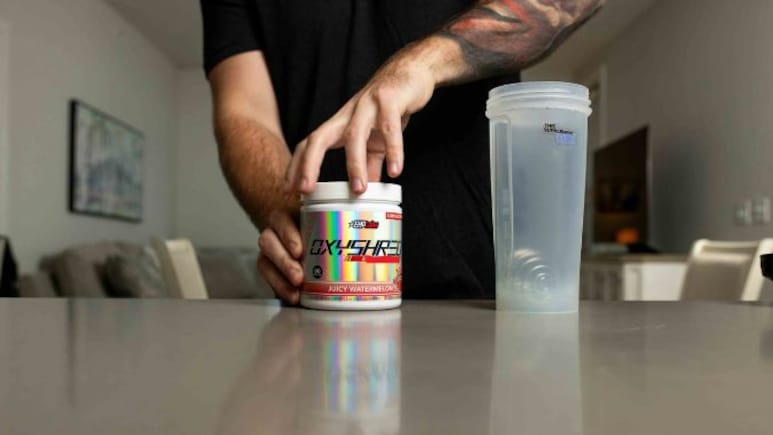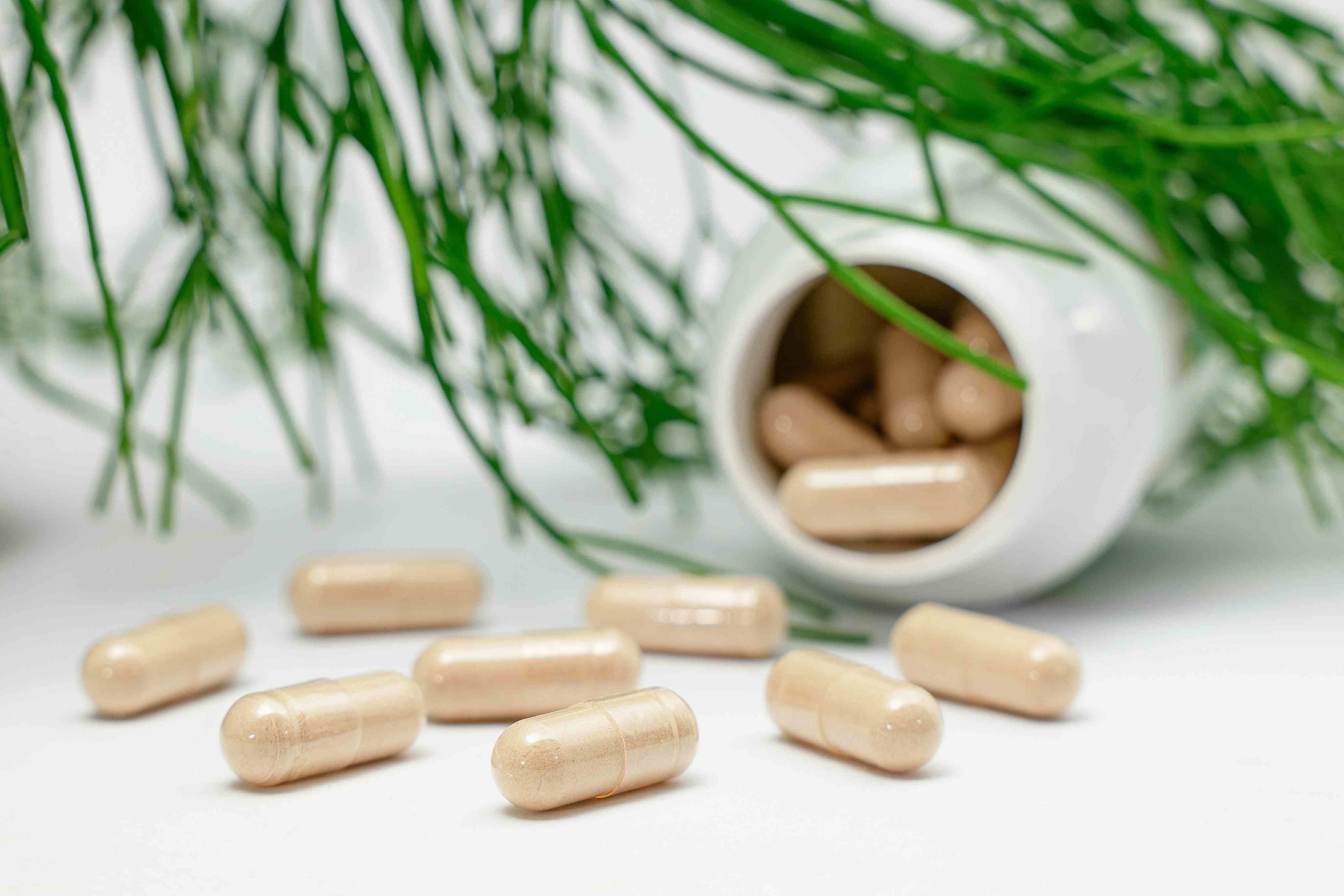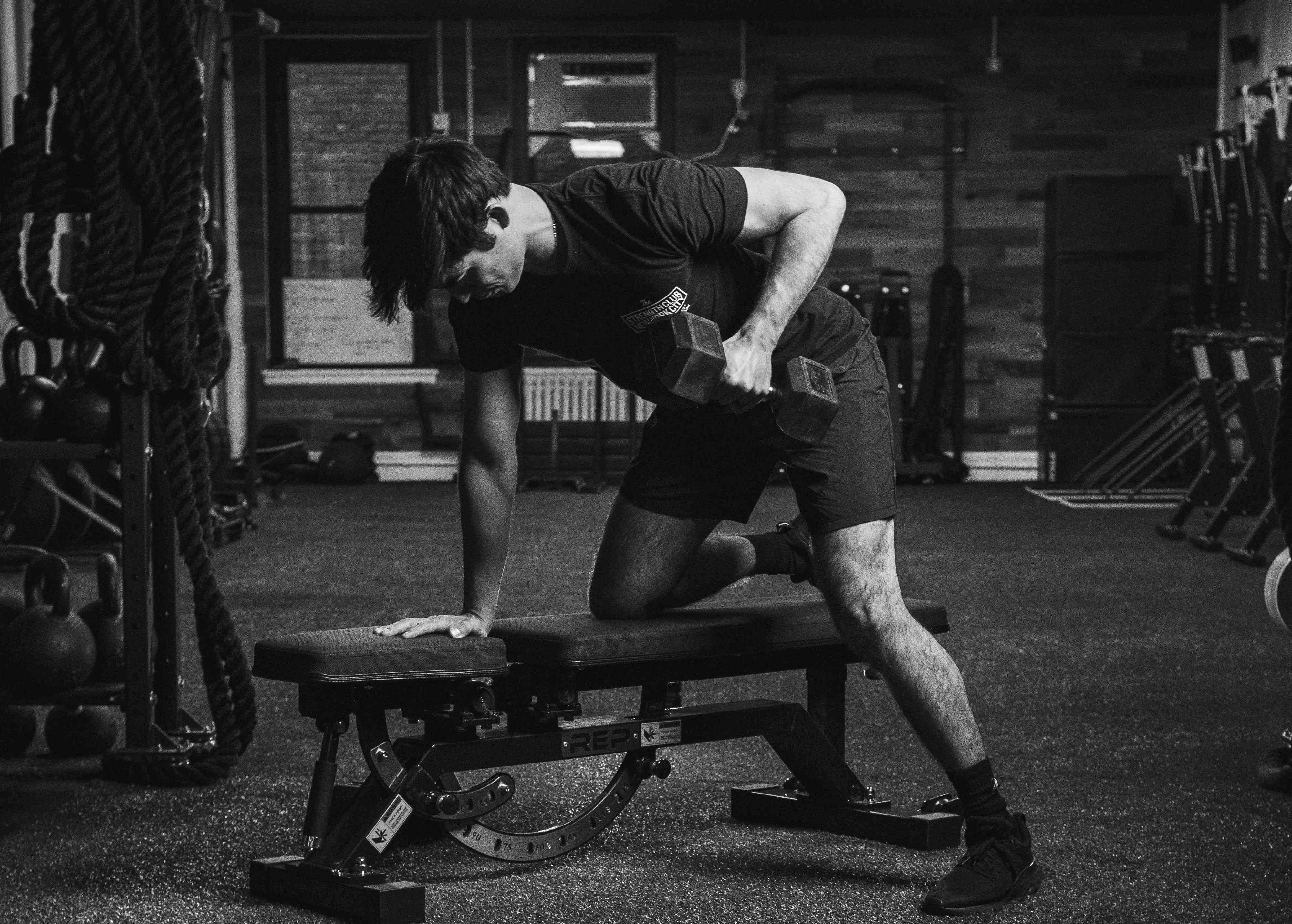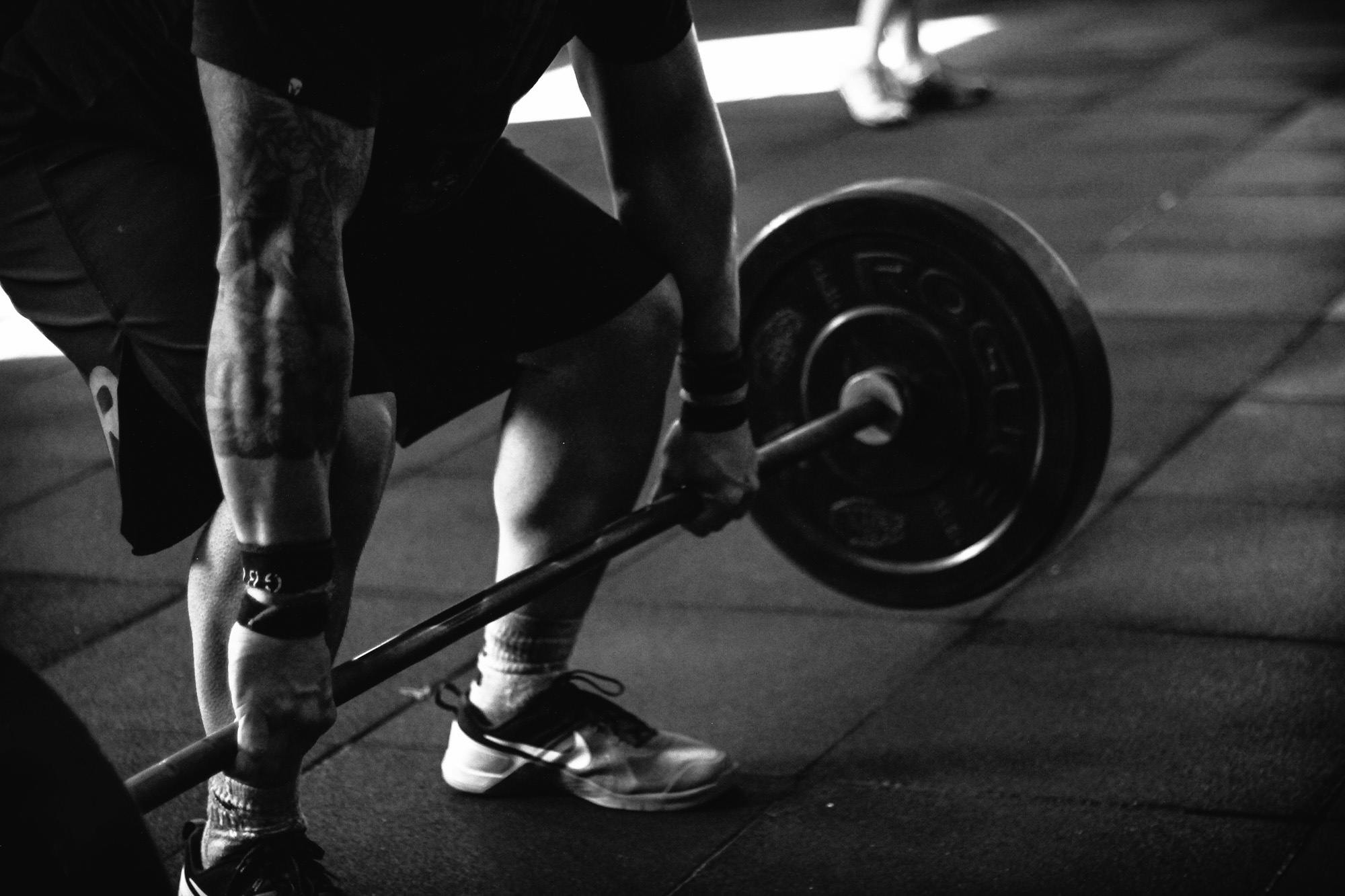
In recent years, more men, including young, seemingly healthy adults, have turned to testosterone supplements and injections to bulk up, build stamina, or boost their libido.
Experts suggest that these recommendations often come from their fitness trainers who suggest it for enhancing muscle gain. Add to that the constant bombing of online ads that promise an improved sex drive, energy, and mood, and you have a burgeoning market at hand.
The market today is flooded with products that claim to boost testosterone: from herbal supplements like Shilajit, to protein powders, pills, and hormone injections. Data shows that the testosterone booster market is at USD 5,514.95 million in India and is growing rapidly.

Testosterones demand is growing in India. Photo: Unsplash
But behind the glossy promises lie risks that few users fully understand. As experts warn, testosterone is not a magic bullet, and certainly not one to be taken without knowing about its consequences.
What Is Testosterone And What Does It Do To Your Body?
Testosterone is a natural hormone primarily produced in the testicles. It plays a crucial role in developing male characteristics and maintaining overall health.
According to Dr Vikas Agarwal, Director and HOD, Robotic Urology, Aakash Healthcare, "From puberty onward, it is responsible for building muscle mass, deepening the voice, growing facial and body hair, and supporting sexual desire and performance. It also contributes to bone health, mental well-being, and energy levels."
As Dr Alka Jha, Consultant Diabetology, from Fortis Hospital, Vasant Kunj, explains, it regulates key functions such as:
- Muscle and bone strength
- Sperm production
- Red blood cell production
- Libido and mood stability
- Fat distribution
The Decline In Testoterone
Modern lifestyle factors are playing a big role for this drop in male hormones in men.
As Dr Jha points out, "The surge in male testosterone consumption stems from declining natural levels due to obesity, stress, and lifestyle factors, coupled with heightened awareness of hypogonadism symptoms and an ageing population seeking anti-ageing benefits."
This has resulted in more men seeking testosterone therapy, not just for medical reasons like hypogonadism (a condition where the body doesn't produce enough testosterone), but also recreationally, to enhance appearance or perceived 'masculinity'.
Testosterone is being taken "for muscle building, athletic performance, and sexual enhancement via supplements and therapies. This trend is fuelled by fitness culture, social media influence, e-commerce accessibility, and off-label use among young adults, though it raises risks like stroke and heart issues," Dr Jha says.
The Decline Of Testosterone Is Normal While Ageing
It's normal for testosterone levels to decrease with age. Data shows testosterone levels in men naturally decline with age, typically starting around age 30, with a gradual decrease of about 1-2% per year. But other reasons - like stress or poor diet - can accelerate the drop.
You can watch out for these signs if that's the case, as the drop in testosterone can cause:
- Fatigue or lower energy levels
- Mood changes, including irritability or depression
- Decreased libido
- Muscle loss
- Increase in body fat
- Difficulty in concentrating
- Reduced strength or endurance
If you're experiencing these, the answer isn't necessarily supplements.
Dr Vikas Agarwal recommends that "a simple blood test can determine whether your testosterone levels are low. If they are not, taking testosterone will not help and it may do more harm than good."
Enter Testosterone
Experts suggest that in such cases, where testosterone is significantly low, testosterone therapy and other practices come in. But still it is not for everyone.
"Testosterone replacement is typically prescribed for men experiencing hypogonadism. This is often due to medical issues like chemotherapy, genetic conditions, or injury," explains Dr Alka Jha.

Experts suggest that testosterone is now pushed by gym trainers. Photo: Unsplash
It may help improve energy, libido, mood, and even bone density in those who truly need it. But for healthy men, experts say, especially those using it for muscle gain or performance, the benefits are unclear and potentially dangerous.
Testosterone use without medical necessity can shut down your body's natural hormone system.
"The body thinks it has enough testosterone when you take it externally and shuts down its natural production," explains Dr Vikas Agarwal.
Can Cause Infertility: The Hidden Side Effect
Taking testosterone, especially above the counter, can cause various side effects. These can include both common and more serious issues, such as changes in sexual function, physical and emotional changes, and potential impact on the cardiovascular and prostate health.
But experts suggest that sometimes, hormonal suppression of the naturally producing testosterone can lead to testicular shrinkage, reduced sperm count, and long-term infertility.
Dr Sunita Tandulwadkar, President of FOGSI and HOD at Ruby Hall Clinic Pune, warns that "many young people are taking testosterone with the advice of their trainer, and this testosterone stops the production of testosterone in the body naturally."
She explains, "It can stop the formation of sperm, known as spermatogenesis. In 60% to 75% of men, infertility occurs significantly. And it can be impossible to reverse this effect for a long time."
Dr Alka Jha further adds, "It suppresses natural testosterone production by down-regulating the hypothalamic-pituitary-testicular axis, leading to smaller testicles, reduced sperm count, and infertility. This is often reversible but can persist for months after stopping therapy."
The Alpha Male Syndrome
From late-night gymbro science to online supplement sales, testosterone has been promoted as a shortcut to virility, power, and youth. But many of these promises are misleading. This need of becoming and feeling like 'men' and 'Alpha' has led to a surge in sales of testosterone supplements and other products. Experts also blame social media.

Taking testosterone, especially above the counter can cause various side effects. Photo: Unsplash
As Dr Vikas Agarwal notes, "Social media and fitness culture play a big role as many men feel pressured to look a certain way, and testosterone promises quick muscle gain. For older men, it offers hope of increased sexual vitality, while some even believe it can reverse ageing. However, these expectations don't always match reality."
A medical review published in the Cureus journal confirms that while testosterone therapy helps in diagnosed hypogonadism, "there is very limited evidence that it helps healthy men".
In fact, all experts agree: testosterone therapy can be life-changing, but for the right person, under the right circumstances, and under medical supervision.
So, if you're in your 20s or 30s and tempted to try testosterone as a shortcut for muscles according to a gym trainer or podcaster's advice, or an Instagram ad, think again.
Track Latest News Live on NDTV.com and get news updates from India and around the world

